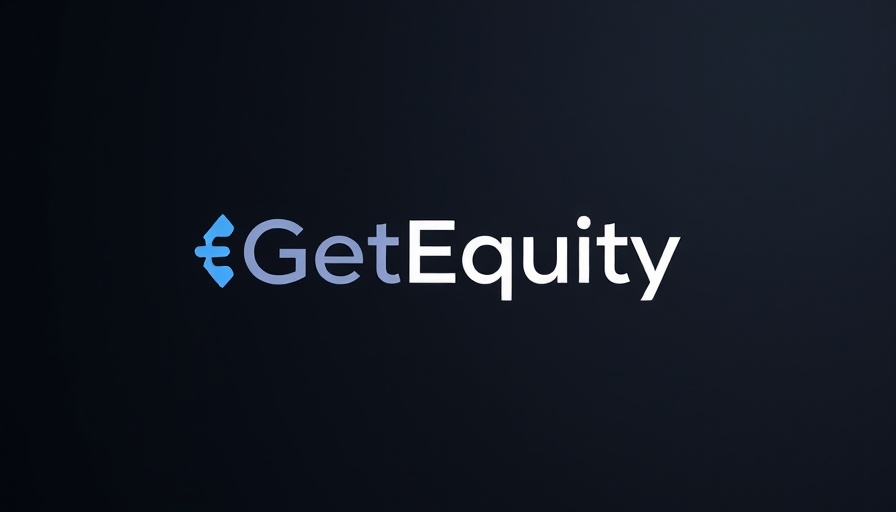
The Rise of GetEquity: A Shift to Sustainable Local Investments
GetEquity, a pioneering Nigerian startup, is redefining the landscape for retail investors by achieving profitability after adjusting its focus from high-risk startup equity to local debt investments. This strategic pivot comes at a time when many retail investors are seeking more stable and lower-risk investment vehicles, especially in light of the recent declines in venture capital funding.
Understanding the Shift
Initially launched in 2021, GetEquity aimed to allow individual investors to take stakes in burgeoning African startups. However, as funding dwindled, financial pressures led them to introduce offerings like commercial papers and debt notes aimed at established, reputable companies. This change is reflective of a broader trend across Africa's fintech sector, where startups are increasingly exploring sustainable and less risky avenues for growth.
A Eureka Moment for GetEquity
The company’s shift reached a critical validation point when it partnered with notable asset managers, such as ARM, to facilitate investments in local giants like the Dangote Group. The initial excitement to raise ₦5 million rapidly escalated to ₦27 million in pledges within days. This moment not only validated GetEquity's value proposition but also proved that local investors are eager to support trusted companies through low-risk instruments.
The Future of Investment in Africa
As GetEquity continues to grow, its revenue model will evolve to include transaction fees and future plans for a secondary market where users can buy and sell investments amongst themselves. The integration of credit-linked products could herald a new chapter, creating more opportunities for investors and making the fintech space in Africa even more robust.
Why Investors Should Pay Attention
With GetEquity’s trajectory serving as a case study, it’s crucial for tech entrepreneurs and investors to understand the importance of adaptation in a fluctuating market. As they navigate innovations like blockchain and digital payment systems, the lessons learned from GetEquity's model can provide valuable insights. Emphasizing secure and reliable investment opportunities, the pathway forged by GetEquity could influence the future of work and investment in the African tech landscape.
In conclusion, GetEquity stands as an embodiment of strategic agility in the face of market challenges. Investors looking towards Africa’s rapidly changing tech environment should remain alert to such shifts, as they allow for potential long-term gains and resilience in the startup space.
 Add Row
Add Row  Add
Add 


Write A Comment